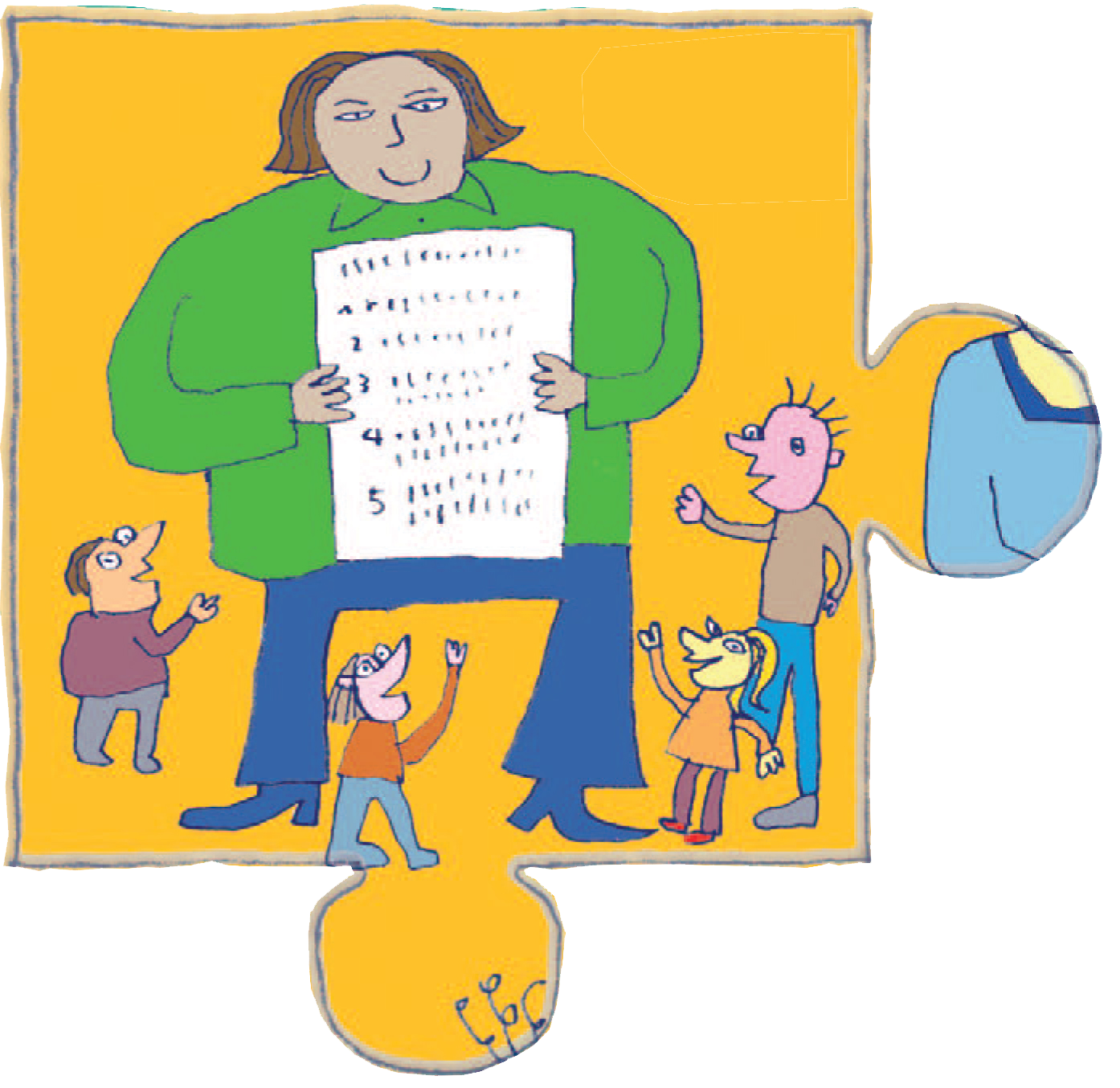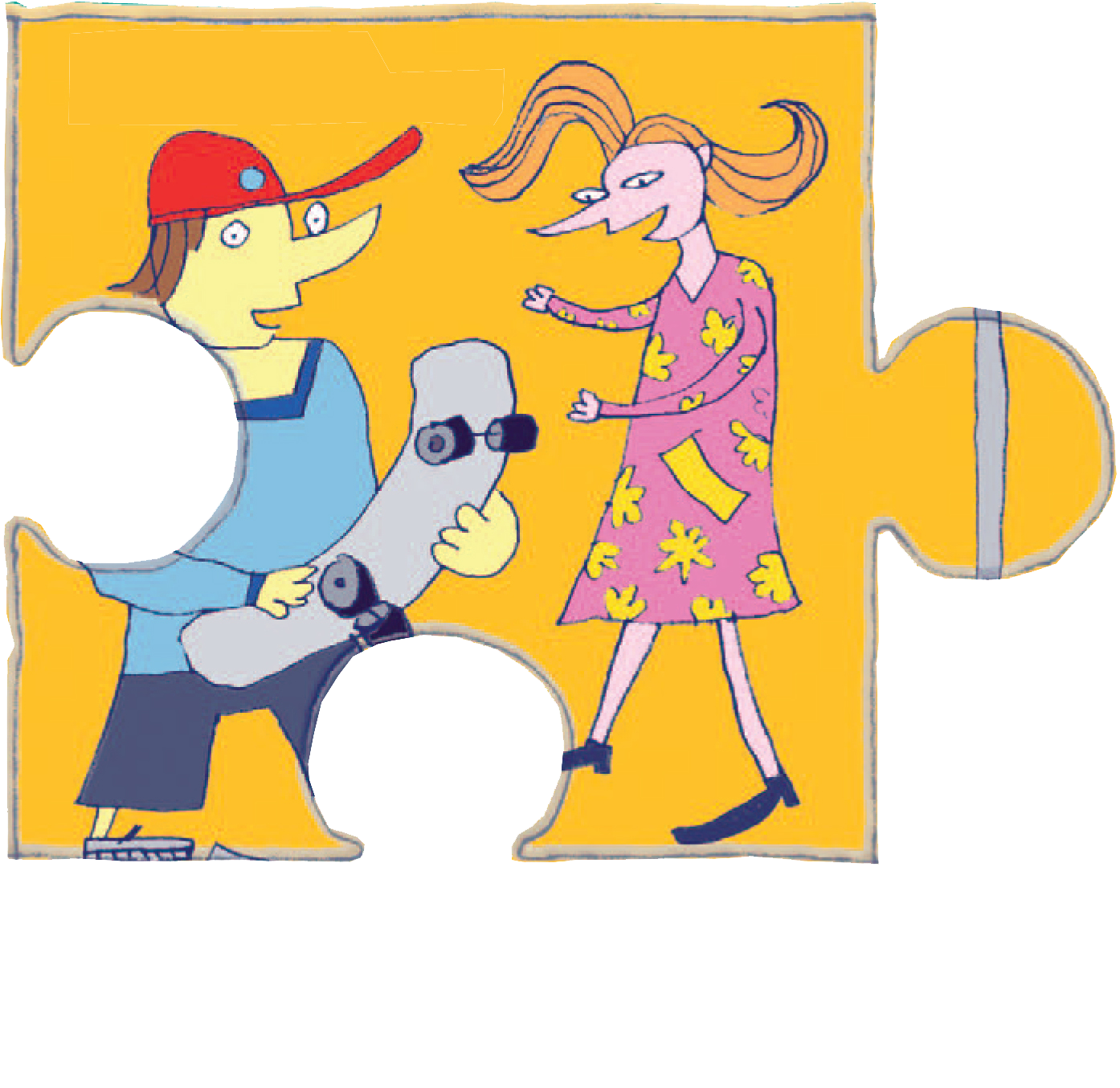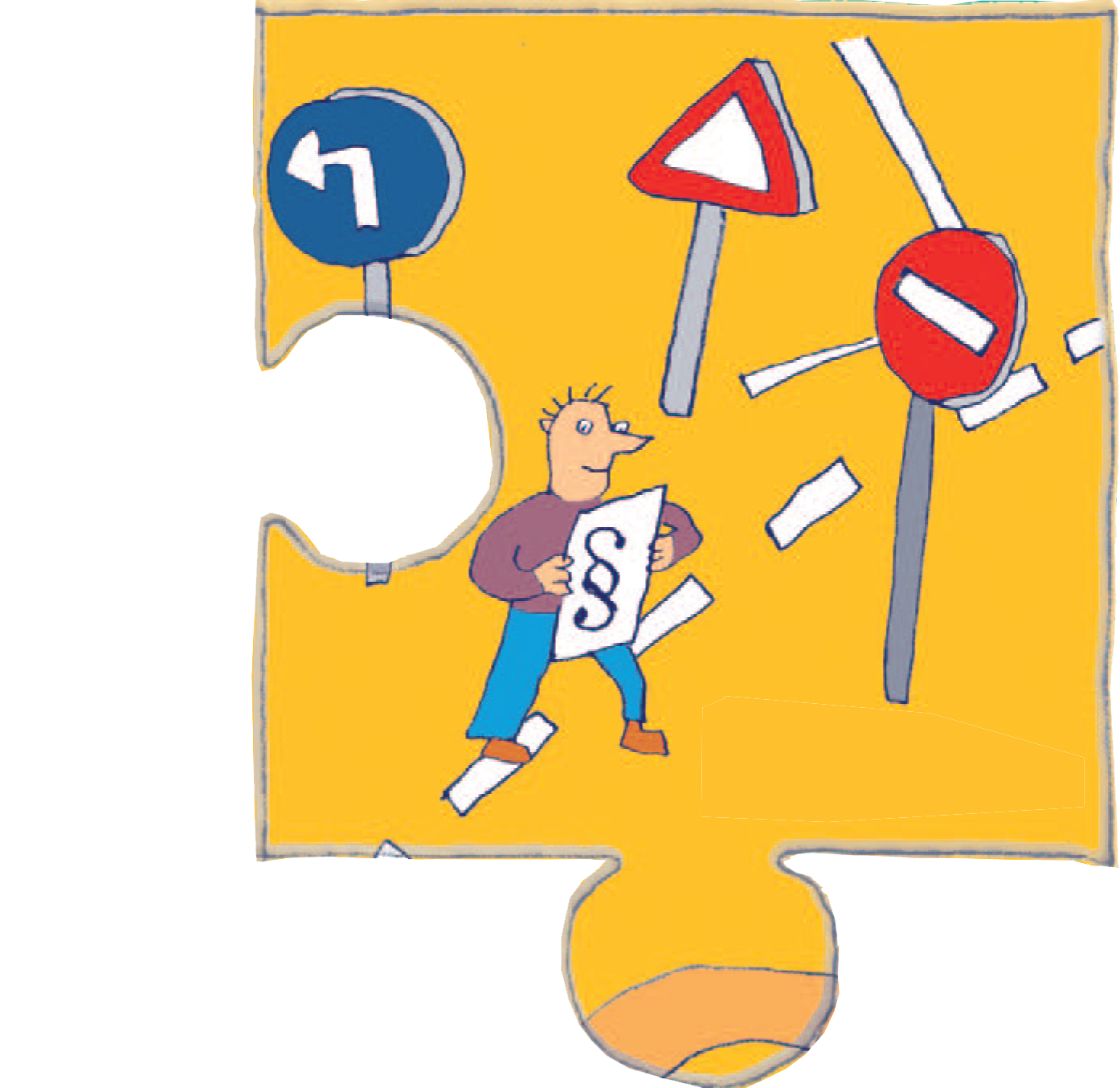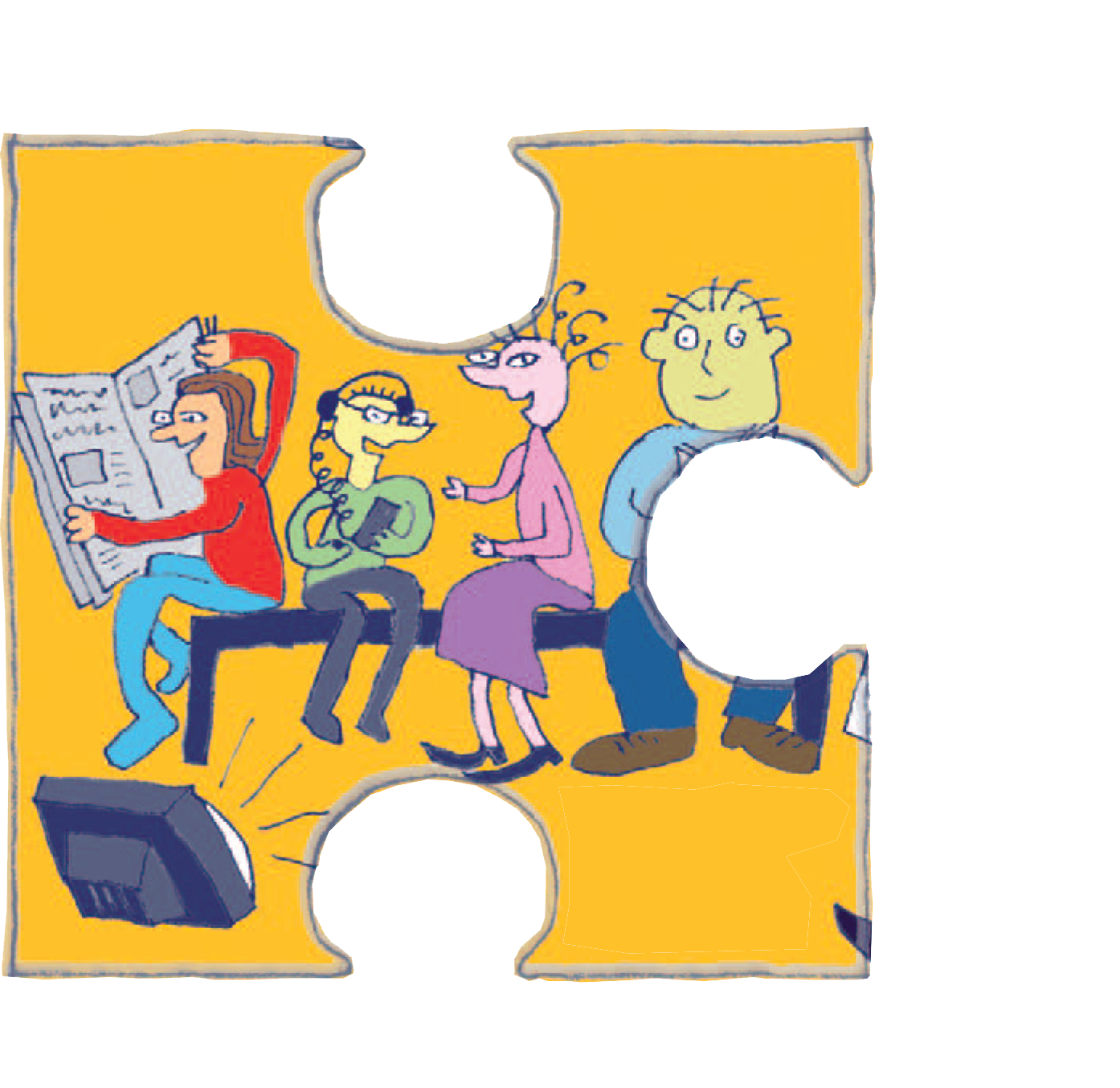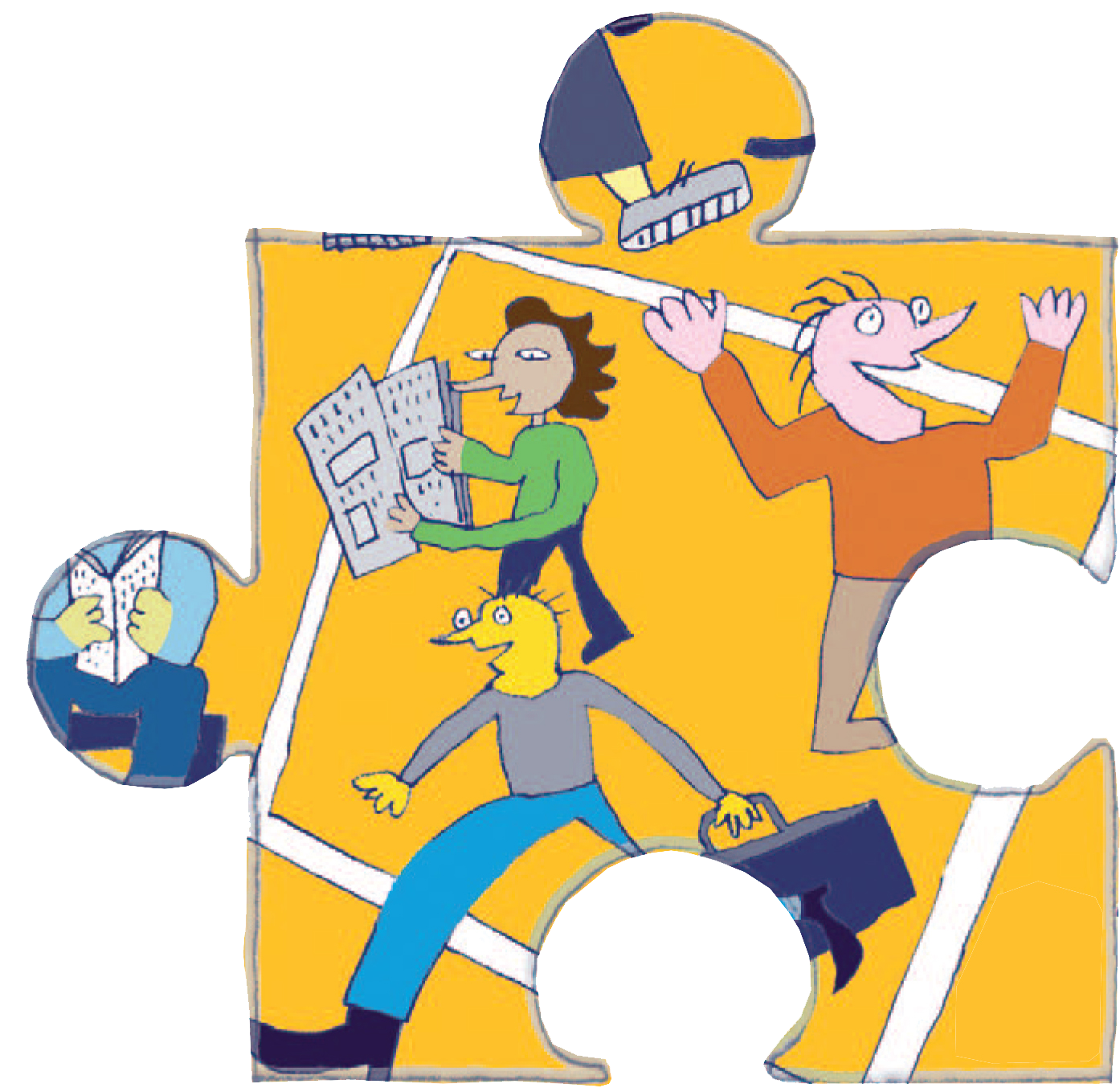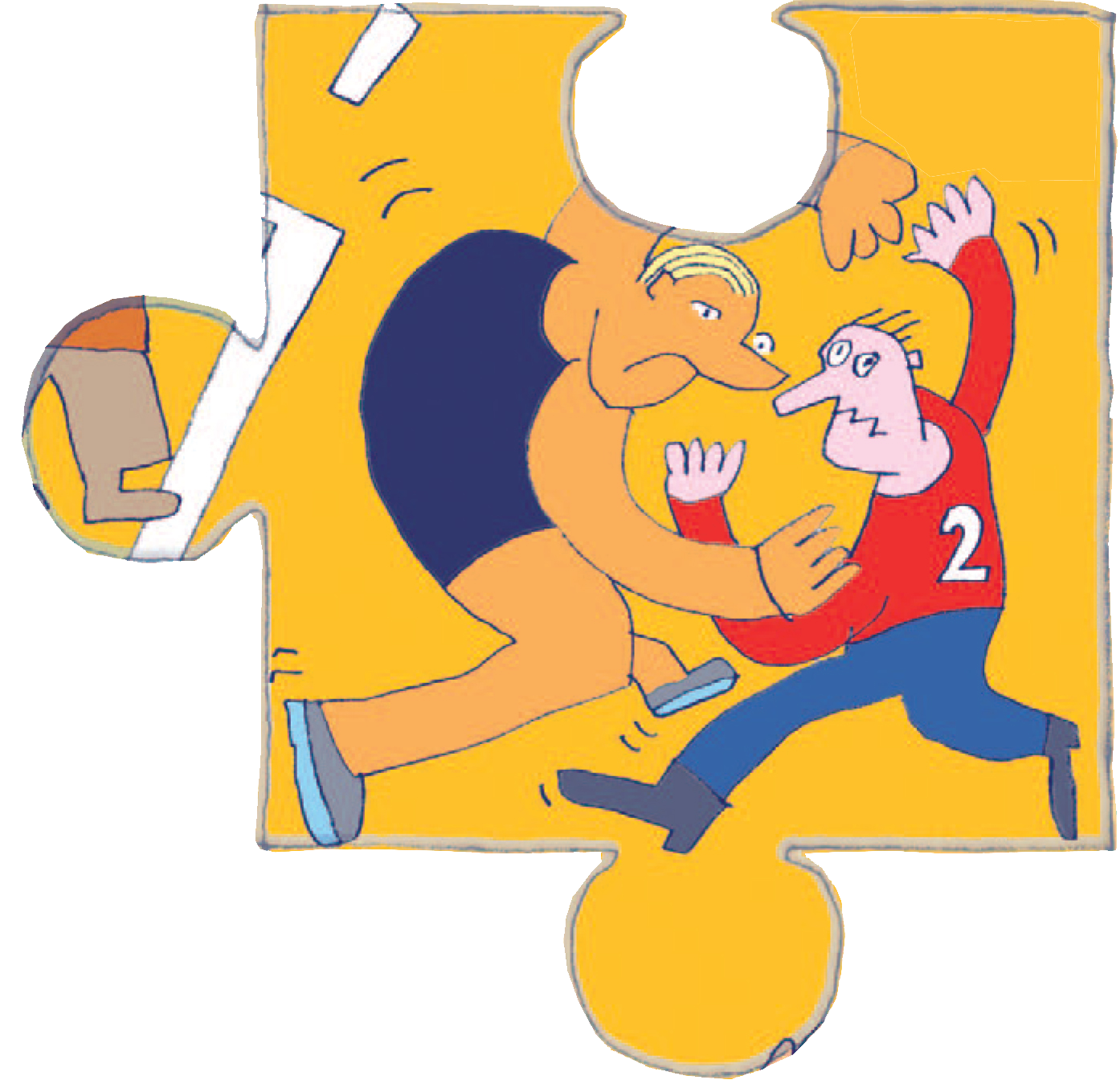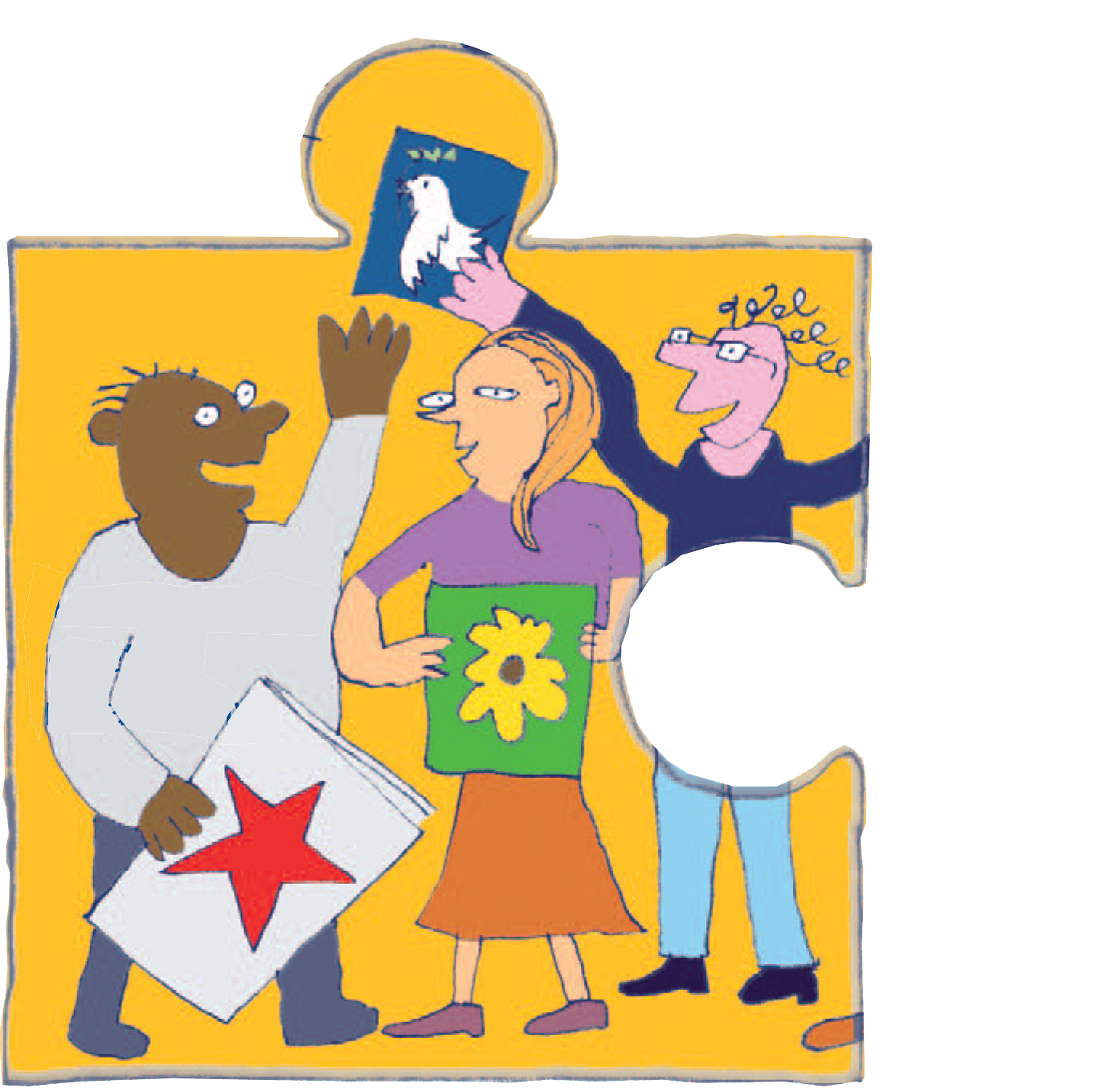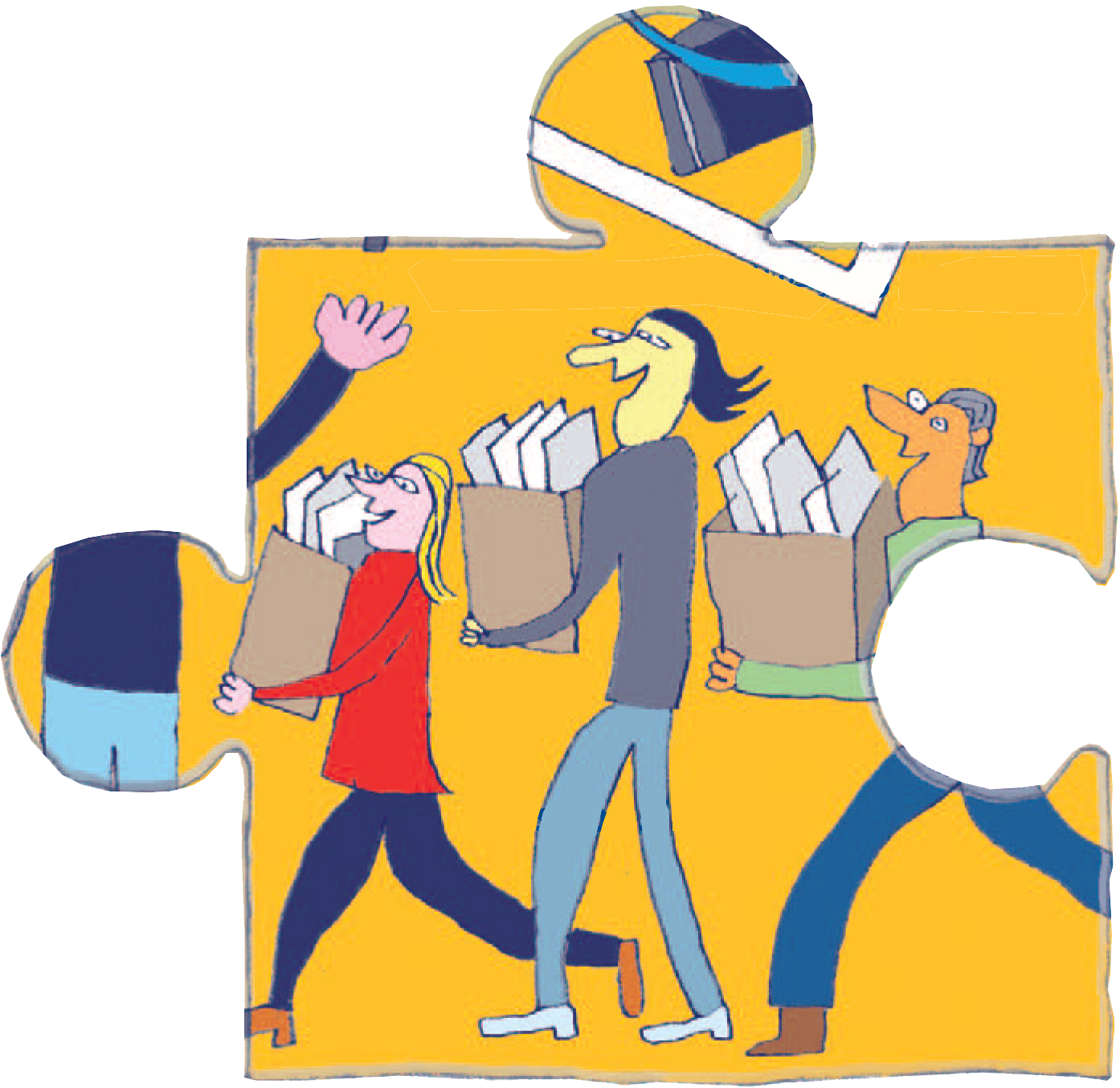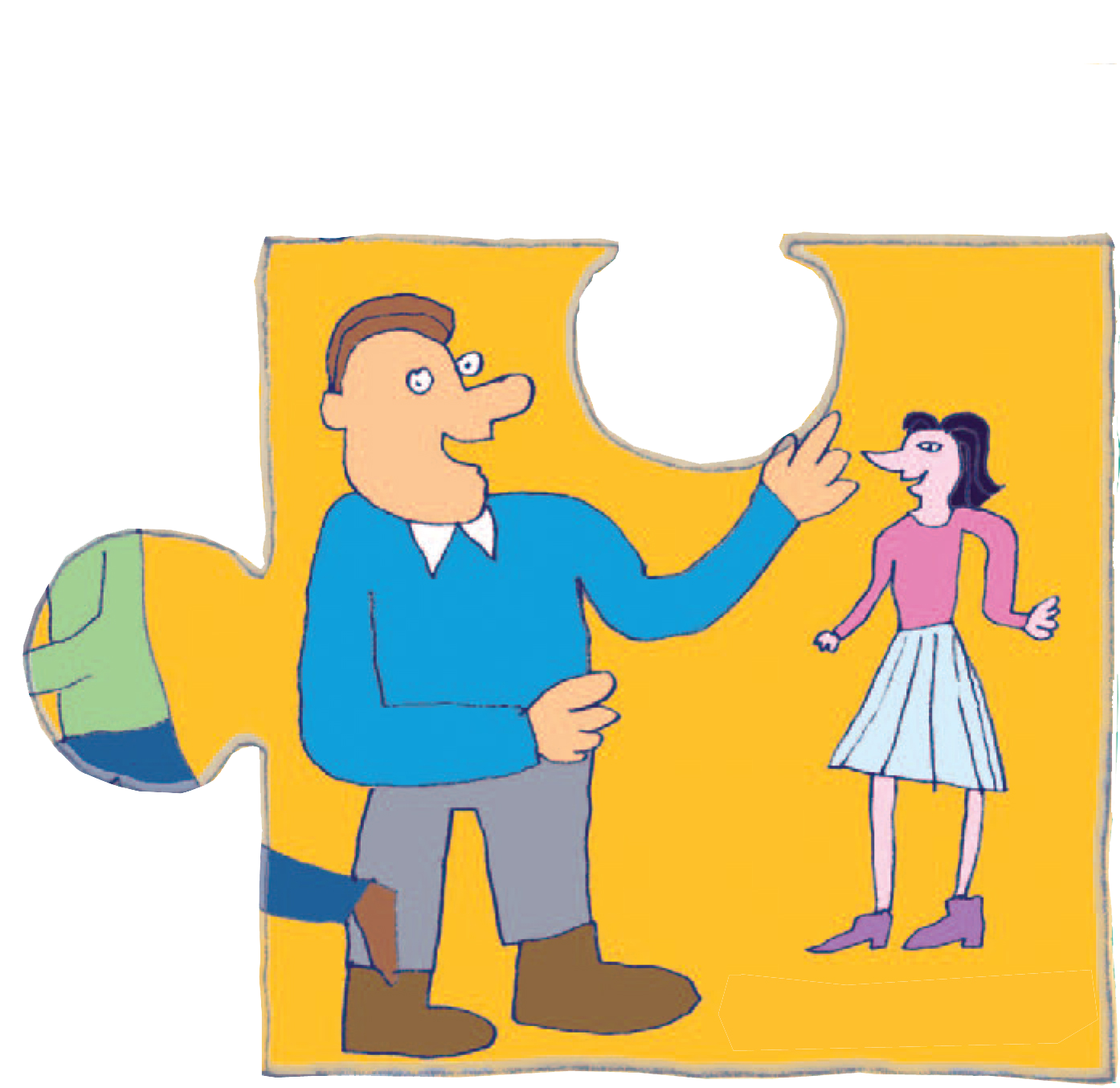Politics is the process by which people decide how to live together – whether it is a family, a school, or a nation. Government is the system used to make the decisions. There are many different systems of government – ranging from autocracy to democracy. In a democracy everyone has the right to an equal say, and decisions are made through [...]
Our identity is our sense of self – the kind of person we think we are. How we see ourselves varies with circumstances. It is not unusual, for example, for a young person to appear to be two completely different people at home and school. Identity is partly a matter of personal choice, and party a reflection of how others see and categorize us [...]
Rules exist to prevent squabbles, ensure fairness and help things run smoothly – whether at home, in school or just playing a game. Laws do the same for society. Laws exist to protect our rights and freedoms and create a safer society. Not all rules and laws are good ones, however. Good rules and laws respect human rights, are practicable [...]
Freedom to receive and impart information and ideas without interference by public authority is an important human right. It is also important for democracy. The media enable people to access information and exchange opinions about what is happening in the world - essential for informed decision-making. But they can also be used [...]
Disputes over competing priorities, needs and interests are a part of life in any society. Some societies try to hide conflict of this kind, thinking talking about it undermines social harmony. In democratic societies, however, people are encouraged to articulate and discuss their differences openly. It makes for more effective [...]
Human rights and freedoms exist to help people live happy and fulfilled lives. They are meant for everyone - regardless of background or position in society. ‘Absolute’ rights and freedoms are ones which should never be taken away, e.g., freedom from torture. ‘Qualified’ ones, however, may be restricted to protect the rights and freedoms [...]
In any society there are different values and ways of life. Some societies discourage diversity – they make everyone follow the ‘official’ line. Yet freedom to live one’s life as one chooses is a basic aspect of human rights. A society which respects human rights must be a pluralistic one – one which treats all ways of life with equal respect. [...]
For human rights and freedoms to be enjoyed by all, it is not enough to have them written in to the law. The law cannot do everything by itself - individuals need to take responsibility as well. People need to be prepared to stand up for the rights of other people as well as for their own, and give up some of their freedoms if it helps others to enjoy theirs. [...]
Human beings are all born with the same basic needs and desires. We all want to be safe, be respected and allowed to make our own decisions. This is why human rights and freedoms apply equally to everyone. But equality does not always mean treating everyone the same. It would be unfair for example, for a wheel-chair user [...]
